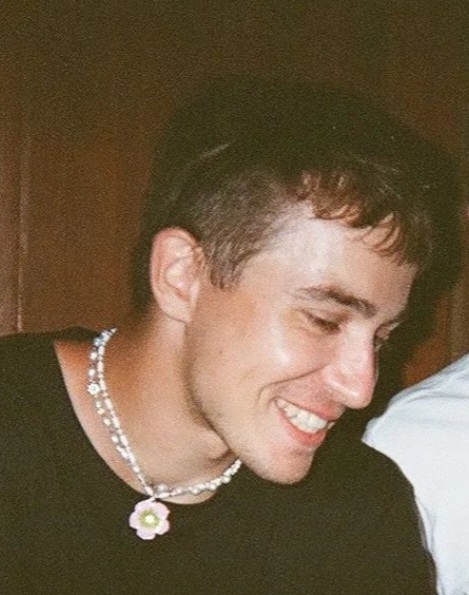Technology and Humanity
Imagine a world where every day is a struggle for survival. People are hungry, cold, and in a constant unequal battle with predators, disease, and adverse natural conditions. Now try to imagine a different world. A world in which man and machine have become one. The planet is ruled by a highly advanced artificial intelligence with knowledge and skills that our simple brains can’t imagine. Gradually, the universe is being colonized and we are coming closer to understanding the nature of reality and existence.
What distinguishes these two worlds? Technology. Technology shapes how we live every day, how we function as a society, and what direction we take as humanity. It brings us knowledge and abundance, but also hardship and suffering. And it is technology and its fascinating relationship with humanity that we will be exploring in this course!
We will cover three main areas:
1. The relationship between technology and humanity throughout history: Together we will explore the path of technological advancement up to the present day. We will discuss how the development of technology has unfolded, what impacts it has had on society, and how different societies have responded to it. We will answer questions such as:
o Why was technological development so slow until the Industrial Revolution and why was the standard of living of an ancient Roman the same as that of an 18th century English peasant?
o Why have inventors throughout history been imprisoned by rulers and people have been destroying new machines?
o Did technology raise the standard of living for everyone, or did it only exacerbate inequality?
2.
How new technologies emerge in practice today. We will explore questions such as:
o How to set up a symbiosis between the public sector, the private sector and research for the most efficient creation of innovations?
o How does the startup ecosystem work?
3. Promises and risks of today’s and tomorrow’s technologies: we will explore the main technology trends of today and tomorrow, such as artificial intelligence, genetic engineering, virtual reality and quantum computing. We will discuss their positive and negative impacts on the life of an individual, the functioning of society, and the direction of humanity. We will focus on questions such as:
o Why is technological development accelerating every year and how can it end?
o Are we slaves to the algorithms of tech giants and social networks?
o Will machines remain our servants or will they eventually wipe us out? How can humans and AI merge into one superorganism?
Anyone can sign up for the course – no prior knowledge is required and the course will not be very technical.
If you are fascinated by technology (positively or negatively) and like to discuss it, this course is for you! We’ll combine insights from economics, business, science, futurology and other areas that touch on technology. We’ll lead economic, philosophical, and political discussions, while also interactively experiencing how technology businesses work in practice. All activities will be directed towards one common goal – to understand what kind of relationship we really have with technology as humanity, and what the future holds for us with it.

Jakub Křikava
Turnus B
(Pop)kulturálne štúdiá
Jasna Cifrová
Algoritmy a informatika
Jirka Lhotka
Architektura a urbanismus v praxi
Tereza Flídrová
Chémia kuchyne
Matúš Sukeľ
Drogy: tělo, mysl a společnost
Karel Kieslich
Environmentální bezpečnost
Jana Součková
Evidence-based politika v teorii a praxi
Adam Zábranský
Evropská diplomacie a vyjednávání v praxi
Kristina Králová
Filozofie vášně a klidu
Sebastian Štros
Machine Learning
Anna Hlédiková
Medicína
Petra Stolaříková
Návod na dospělost
Jon Šotola
První pomoc zážitkem
Šárka Motanová
Psychologická ekonomie
Anna Umlaufová
Spravedlnost a právo
Filip Jelínek
Technology and Humanity
Jakub Křikava
Výzvy měst a jak se týkají nás všech (a jak jim čelit)
Adam Zábranský
Základy filmové produkce
Vojtěch Kába

